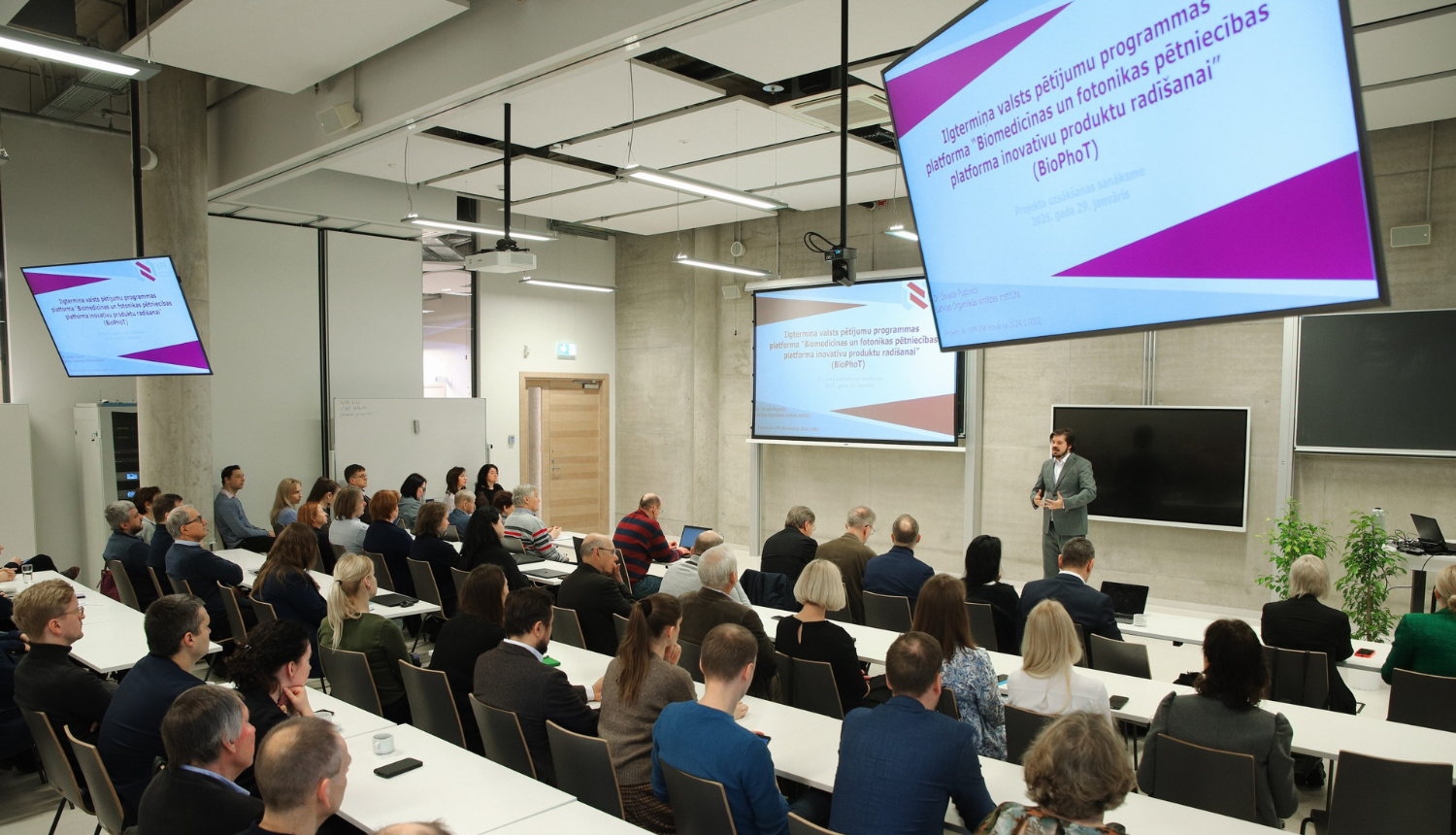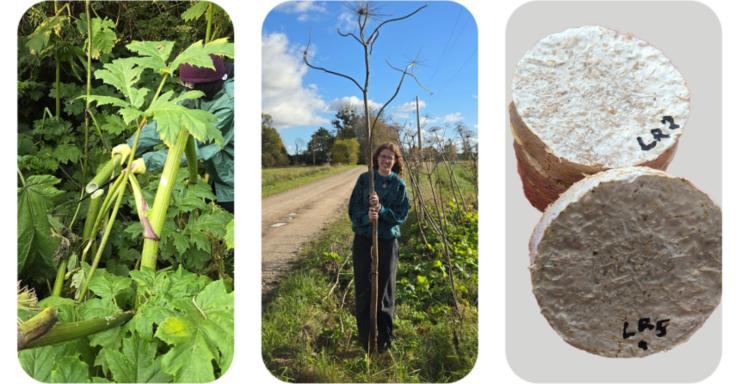State budget funding of 12.8 million euros will be available for research and innovation projects in biomedical sciences, medical technologies, pharmaceuticals, photonics, smart materials, electronics, electrical engineering, and engineering systems until the end of 2026. This funding is provided through the implementation of the State Research Program (SRP) platform "Biomedical and Photonics Research Platform for the Development of Innovative Products", also known as "BioPhoT".
Minister of Economics Viktors Valainis emphasizes: "It is crucial to develop and strengthen targeted support mechanisms that foster the creation of innovative technologies. The biomedical and photonics industries have significant export potential, driven by innovation and the development of new, competitive products. Financial support enables these industries to transform ideas into market-demanded, high-value-added products. In the long run, this approach will enhance Latvia’s competitiveness in global markets while promoting the development and innovation capacity of the biomedical and photonics sectors."
The BioPhoT platform aims to foster collaboration between scientific research and the commercial sector in the fields of biomedical and photonics technologies. Its strategic approach is to identify research projects with a low Technology Readiness Level (TRL) but high commercialization potential. Thanks to financial support, the development of these ideas will be encouraged, leading to the long-term creation of competitive, market-driven technologies and products based on scientific research in biomedicine and photonics.
"This approach will help bridge the gap between science and industry, increasing the chances for inventions to overcome the so-called "Valley of Death" in their development. Establishing such a platform is a crucial step in promoting excellence in technological innovation and increasing Latvia’s global competitiveness. It will also serve as a foundation for future innovation development," explains the project leader, Osvalds Pugovičs, Deputy Director of the Latvian Institute of Organic Synthesis (LIOS).
The platform will operate until 2032. Support for scientific initiatives and responses to industry-identified research-intensive challenges is planned in three phases. In the first phase - until November 30, 2026 - more than 12 million euros will be allocated to innovation projects through a Cabinet of Ministers decision. Additionally, nearly 5 million euros will be dedicated to improving researchers' innovation skills, including training on intellectual property protection. If the program proves successful, state budget funding will be allocated for the subsequent phases until 2032.
By 2032, the initiative aims to develop 35 new technologies, reaching either experimental proof of concept (TRL 3) or laboratory validation (TRL 4). At least 23 of these technologies are expected to advance to validation in real-world conditions (TRL 5) or full-scale demonstration (TRL 6), while at least four technologies will reach the commercialization stage.
The first phase of the BioPhoT platform will run until the end of 2026, during which four innovation project calls will be announced. The first call is expected in February 2025, inviting researchers to apply for funding to develop new technologies and innovative ideas in biomedical sciences, medical technologies, pharmaceuticals, photonics, smart materials, electronics, electrical engineering, and engineering systems. The maximum funding per project will be 200,000 EUR, with a 12-month implementation period.
The BioPhoT platform is coordinated by the LIOS and implemented by the Institute of Electronics and Computer Science, the Latvian Biomedical Research and Study Centre, the University of Latvia, the Institute of Solid State Physics at the University of Latvia, the Latvian State Institute of Wood Chemistry, the Scientific Institute of Food Safety, Animal Health, and Environment "BIOR", the Riga Stradiņš University, and the Riga Technical University.
The project "Biomedical and Photonics Research Platform for the Development of Innovative Products" (BioPhoT) is implemented within the State Research Program "Innovation Fund – Long-Term Research Program". Platform number: IVPP-EM-Innovation-2024/1-0002.


